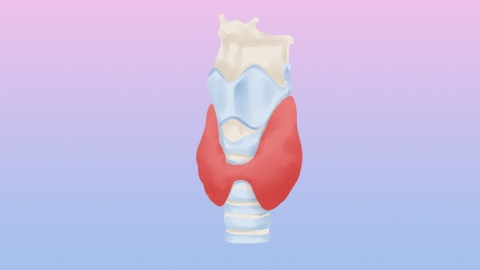What Foods Should Not Be Eaten with Hypothyroidism?
Hypothyroidism, or underactive thyroid, generally does not involve specific foods that patients must absolutely avoid. However, it is recommended to limit the consumption of cabbage, cassava, walnuts, kelp, and purple laver (seaweed). Detailed explanations are as follows:

1. Cabbage: Cabbage contains certain substances that may inhibit thyroid hormone synthesis. Long-term and excessive consumption can worsen symptoms of hypothyroidism and affect metabolic regulation; therefore, intake should be controlled.
2. Cassava: Components in cassava may be converted into substances affecting thyroid function within the body, interfering with the thyroid's absorption and utilization of iodine, which is detrimental to thyroid hormone synthesis. Consumption should be reduced.
3. Walnuts: Walnuts contain a high amount of oils and certain compounds that may hinder the thyroid's uptake of iodine, affecting thyroid hormone production. Excessive consumption by individuals with hypothyroidism may exacerbate their condition.
4. Kelp: Kelp contains extremely high levels of iodine. Excessive intake by individuals with hypothyroidism can increase the burden on the thyroid gland, potentially affecting the regulation of thyroid hormone synthesis and secretion. Strict restriction is necessary.
5. Purple laver (seaweed): Purple laver is also a high-iodine food. Excessive consumption can lead to excessive iodine levels in the body, interfering with the recovery of thyroid function and不利于病情控制. Frequent or excessive consumption should be avoided.
Individuals with hypothyroidism should focus on a balanced diet. In addition to controlling the intake of the aforementioned foods, they should also ensure adequate protein and caloric intake. Regular follow-up examinations of thyroid function are necessary, with dietary and treatment plans adjusted according to test results. Prompt medical attention should be sought if significant discomfort occurs.








